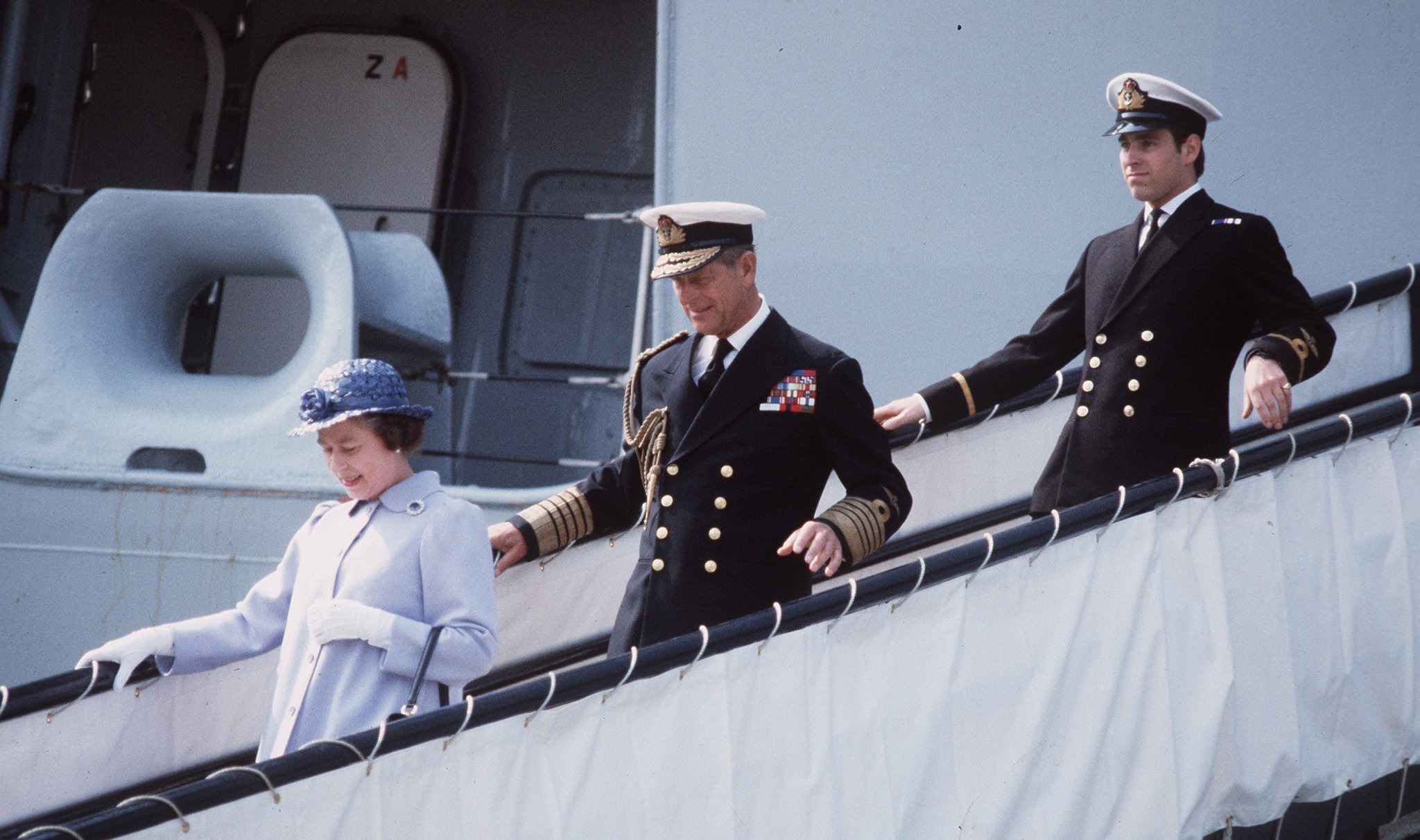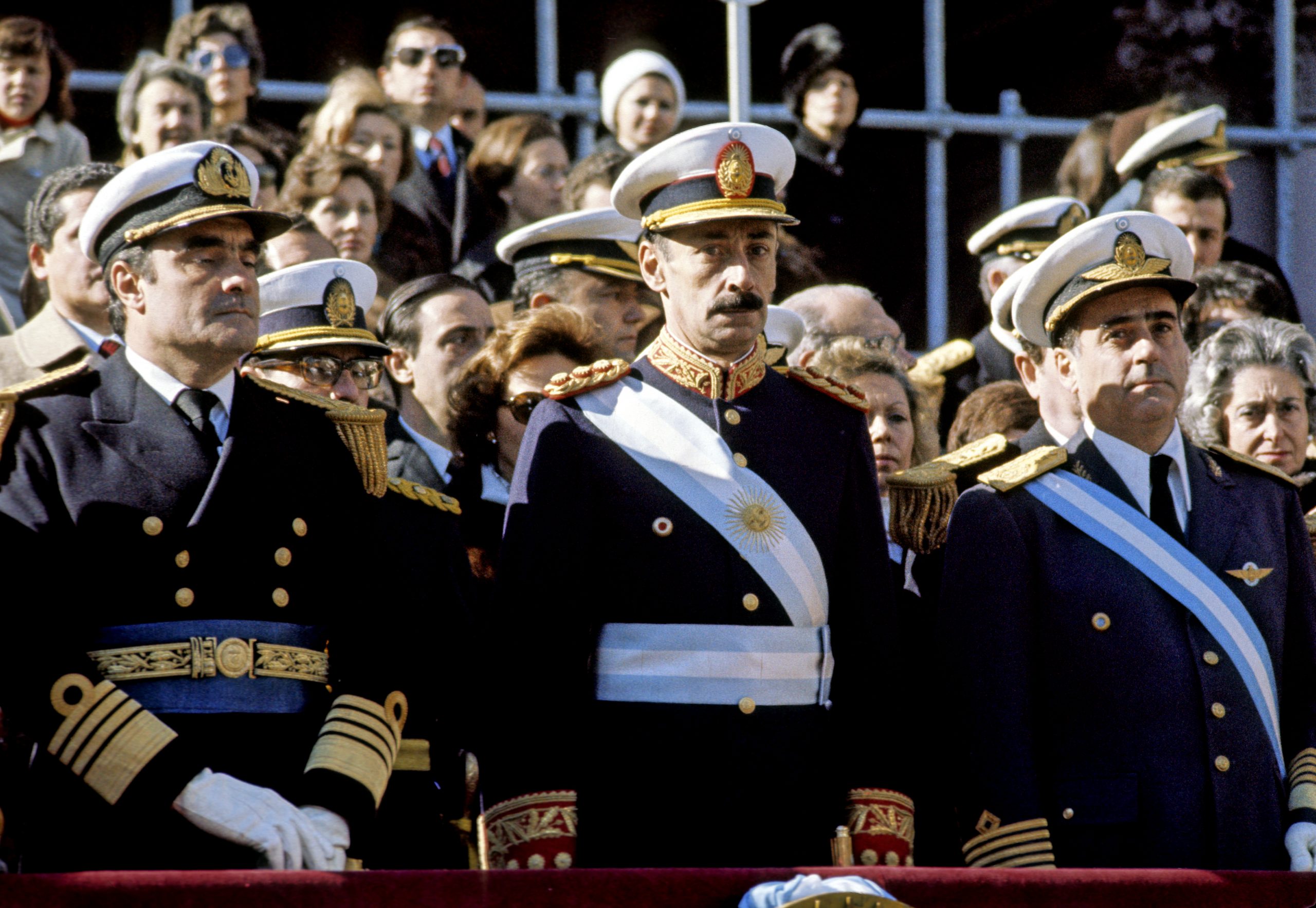One of Argentina’s top diplomats has challenged the British government to resume negotiations over the sovereignty of the Falklands, as Margaret Thatcher was prepared to do even after the occupation of the islands 40 years ago.
Argentina’s ambassador to Britain, Javier Figueroa, questioned why, if Britain insists there is no doubt its sovereignty over the islands, it agreed to negotiate with Argentina for many years until shortly before the 1982 war, a conflict that cost 258 British and 750 Argentinian lives.
He told Declassified: “We would like to resume negotiations [that were] held between the two governments from 1965 to just one year prior to the war. Over that period, the UK and Argentina explored various alternatives to help resolve the bilateral dispute whilst taking into account the interests of the islands’ inhabitants.”
The ambassador added: “The options were diverse, from joint sovereignty to a long lease-back, in line with the mandate of relevant UN resolutions.”
A good example of how to develop mutual trust-building is the ‘Humanitarian Project’, with the collaboration of the International Committee of the Red Cross, to identify the remains of Argentine soldiers buried on the islands, he said.
There are some striking parallels between Vladimir Putin’s invasion of Ukraine and General Galtieri’s invasion of the Falklands. Autocrats resorted to violence over disputes about sovereignty and territorial integrity.
And in both conflicts, the British government (along with others) indulged in a heavy dose of wishful thinking, ignoring warnings and misreading the intentions of hostile forces.
For years, Putin made clear he had his eyes on Ukraine. And for years, as official documents make clear, successive Argentine governments threatened the Falklands, or the Malvinas as Argentina calls them.
Successive British governments agonised about how to respond. And did not act.
Doing a deal
Back in 1974, John Hunt, the cabinet secretary, told the prime minister, Labour’s Harold Wilson: “The FCO [Foreign and Commonwealth Office] is looking for a new basis on which to resume the dialogue and thus avoid the Argentinians taking action against our interests”.
Hunt suggested a joint Argentine/British condominium of the islands and to explain “frankly to the [Falklands] Executive Council the dangers of not resuming the dialogue with the Argentine”.
Britain proposed cooperation on oil exploration with Argentina and a lease-back arrangement for the islands. UK officials warned that their closest allies, including the US and Canada, assumed “that the Falklands Islands will eventually be taken over by Argentina”.
The question of sovereignty was – and remains – far from certain as official British records also show.
Way back in 1829, the Duke of Wellington noted: “I have perused the papers respecting the Falkland Islands. It is not clear to me that we have ever possessed the sovereignty of the Islands.”
Argentina’s view is that the islands, discovered by the Spanish in the sixteenth century, were illegally occupied by the British in 1833.
Handing over sovereignty
Margaret Thatcher’s government offered to hand over sovereignty of the Falkland Islands at a clandestine meeting with a senior Argentinian official less than two years before the invasion of the territory.
Thatcher was prepared to do a deal with Argentina even after the invasion over the status of the islands, including over the question of sovereignty.
Lord Carrington, the foreign secretary who resigned after the Argentine invasion, told the Franks Committee in private hearings that British policy was “one of neglect and hoping for the best”. He said: “We did not have any cards in our hands”.
A Foreign Office minister told me shortly after the invasion that Britain should have done a deal with Argentina years earlier. Neither the Treasury, he said, nor the Ministry of Defence, wanted to spend money on the islands.
“Thatcher’s government offered to hand over sovereignty of the Falklands.”
Britain’s failure to invest in the Falklands and its economy, and navy cuts that included scrapping the survey cum spy ship, HMS Endurance, encouraged the Argentines to think that Britain was simply not interested in the islands.
The Franks Committee investigated the run-up to the invasion and published its report in 1983. One of its most damning conclusions was that Argentina’s hardening position on the Falklands was “more evident on the diplomatic front and in the associated press campaign than in the intelligence reports”.
Expensive islands
The 1982 conflict cost Britain £2 billion. The Ministry of Defence now spends about £80 million a year on maintaining Typhoon fighters, transport planes, air defence systems and a garrison of some 1,300 armed forces personnel on the Falklands – about £22,000 each for the 3,500 islanders – only about a third of whom were born on the islands.
The Argentinian government is pressing Britain to agree to direct flights between Argentina and the islands, in particular on humanitarian grounds to help families visit the graves of those who died during the conflict.
Only bilateral dialogue, and the ending of unilateral British actions will enable the two countries to advance towards a resolution of the dispute over sovereignty, Argentina has long argued. It says it is committed to “respect the identity and lifestyle of the inhabitants”.
It seems only a matter of time before the Falklands/Malvinas become part of Argentina, upholding the principle of territorial integrity recognised by the UN, but with the islanders maintaining a substantial degree of self-government.
As for the principle of sovereignty, what does it actually mean for the islanders when, despite all the rhetoric, it does not mean much even for Britain itself – in the field of trade, for example, even (or especially) in defence and security, and with the cost of living determined by factors outside the control of a British government?
Constitutional compromise is an answer to the Falklands question – just as it should be, and in the end will be, a wise commentator suggests, to peace over Ukraine.




